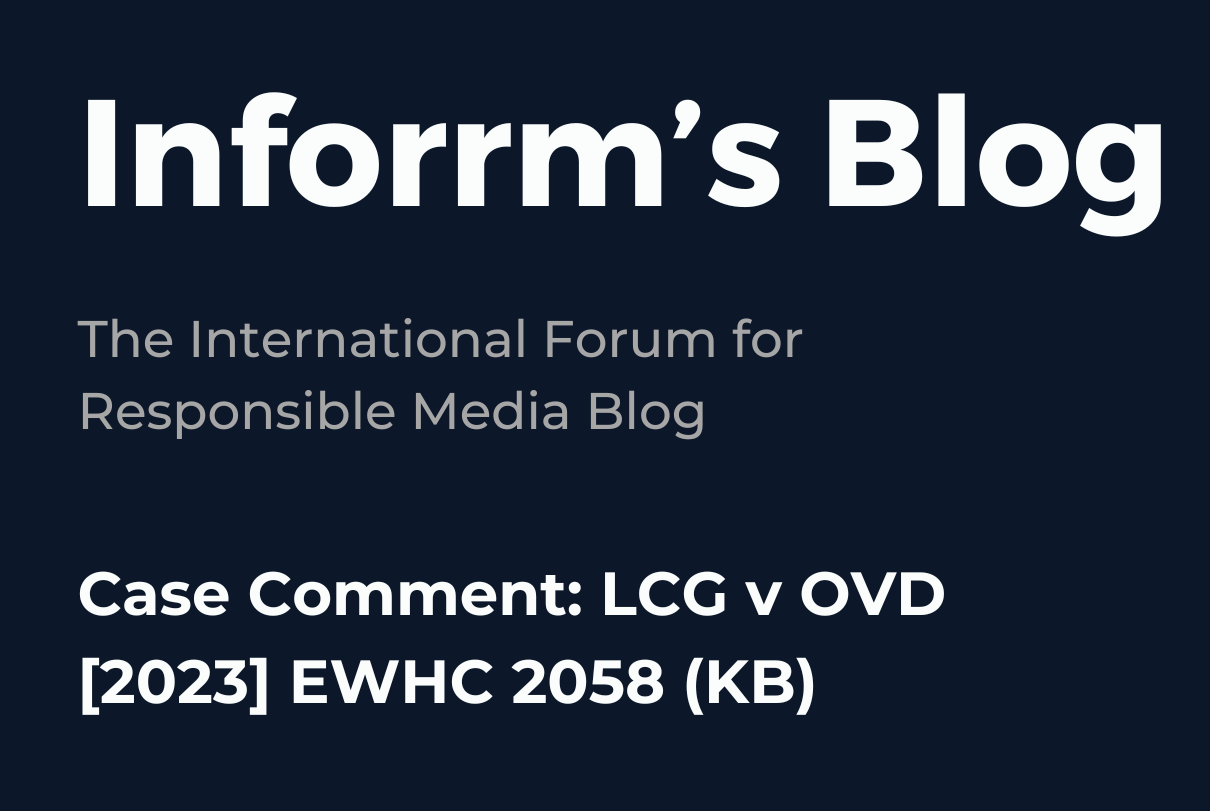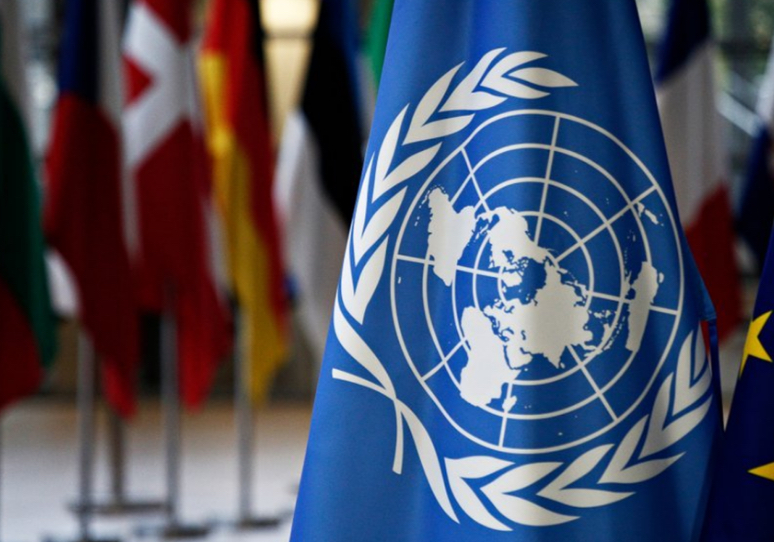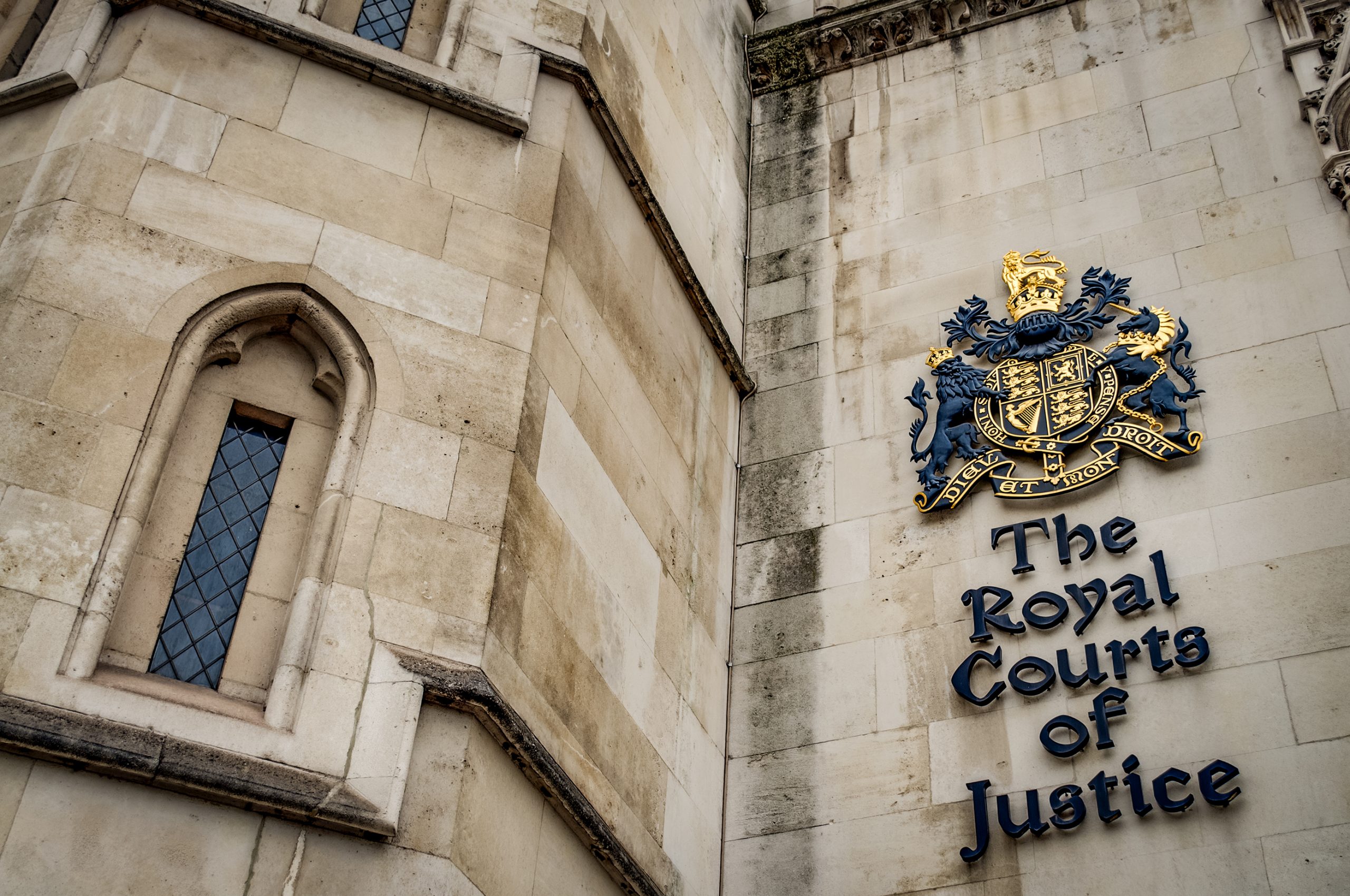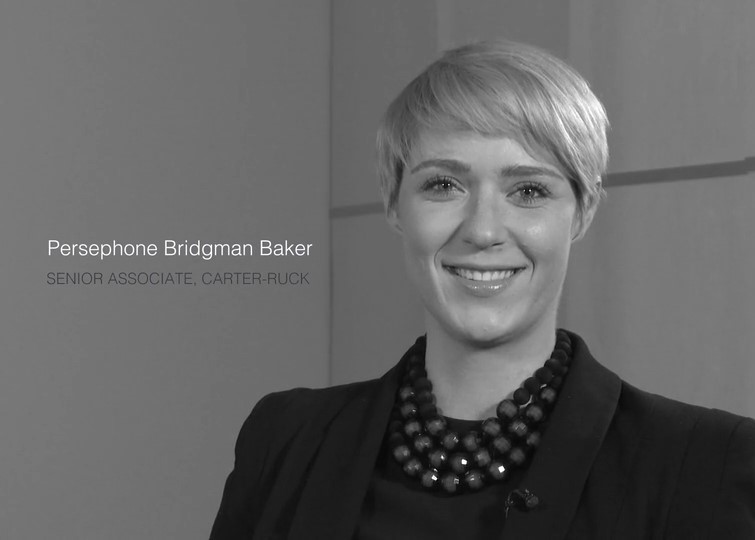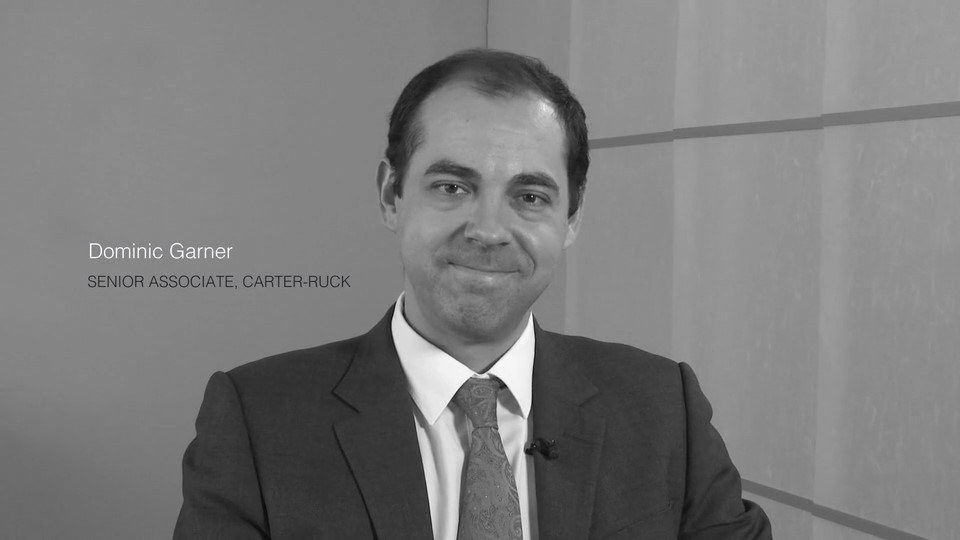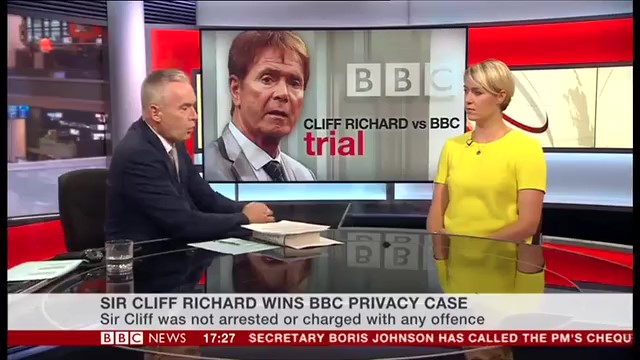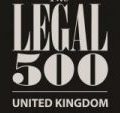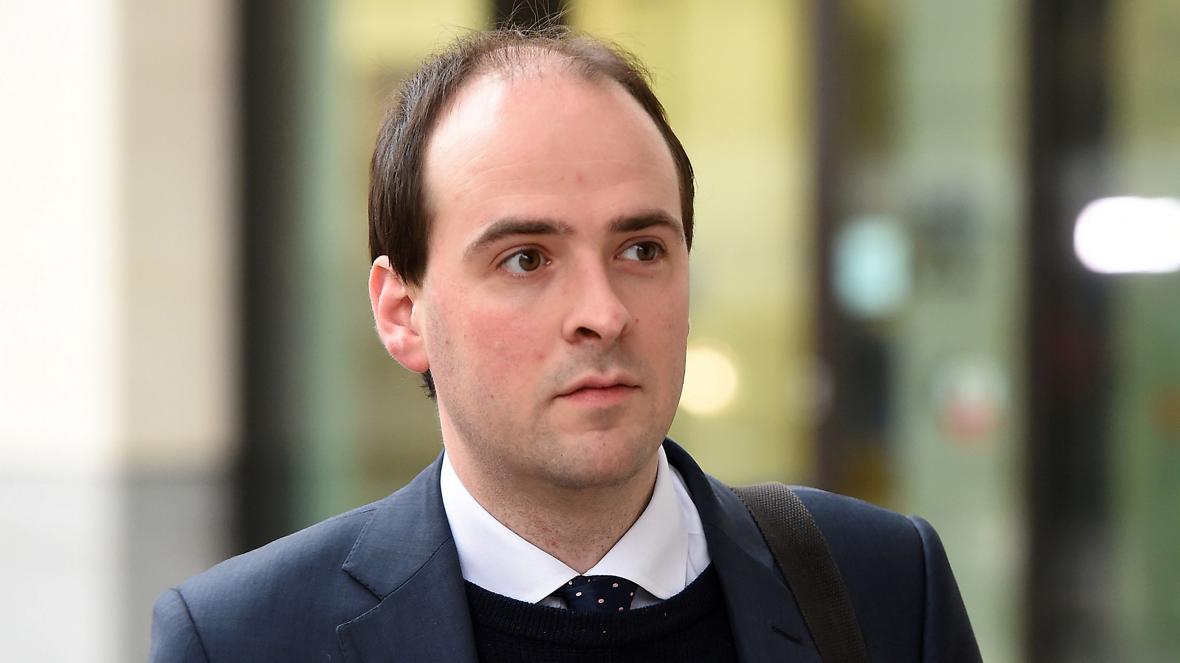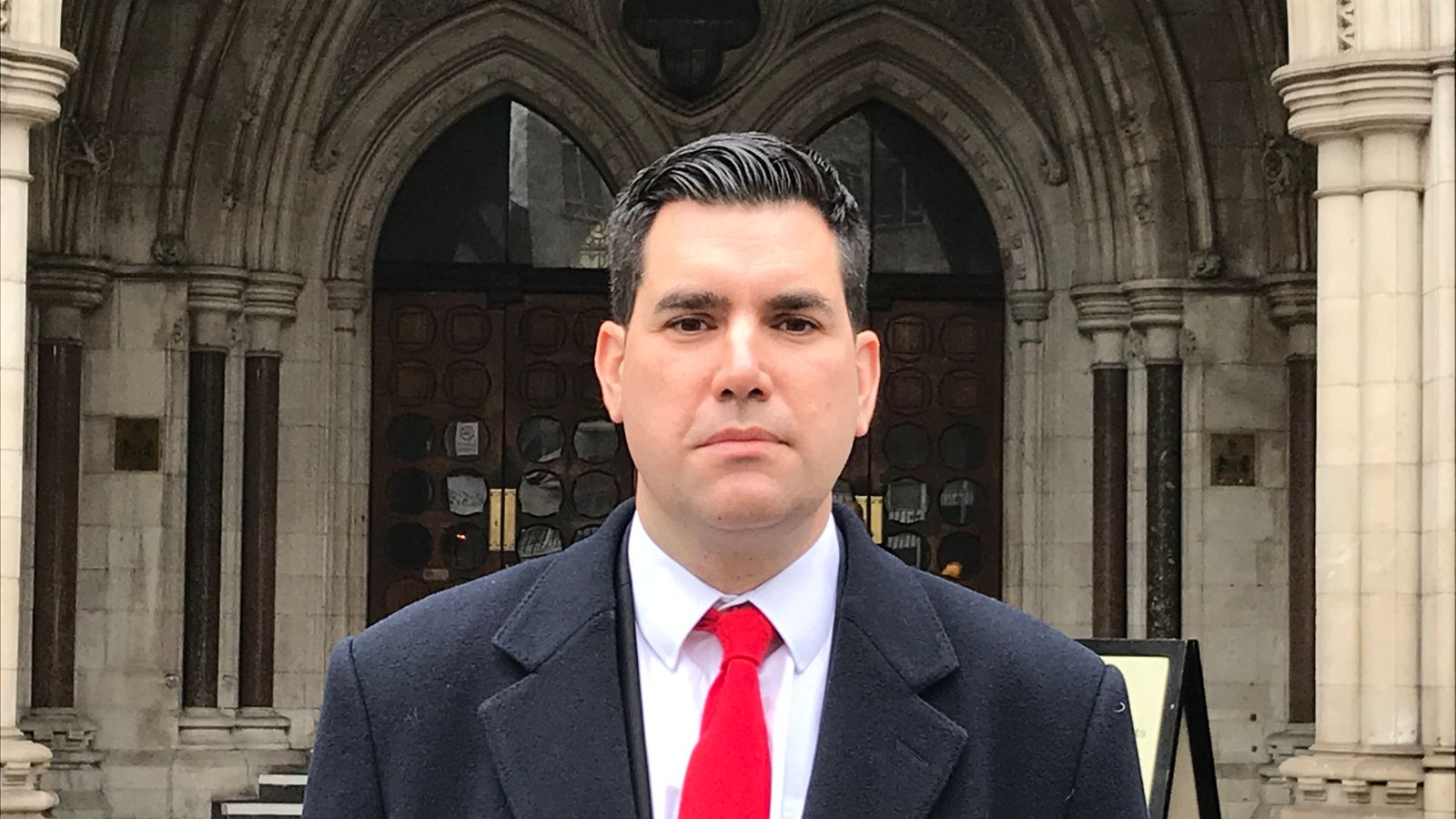
Privacy
Carter-Ruck is at the forefront of privacy law. We have acted in many ground-breaking cases to prevent publication or removal of confidential or intrusive material, including in the most important English law case of the past decade
We are frequently contacted by clients on an urgent basis ‘out of hours’ to prevent the imminent publication of private material with a view to preventing publication or removing private material from stories. We have a 24-hour, 365 days of the year crisis management response team – one of our specialist partners is always available to respond to urgent crises at any time.
We advise on all areas where privacy rights are infringed or threatened, including breach of confidence, harassment, threatened disclosure, iCloud hacks, “the right to be forgotten” and breaches of data protection.
In recent years we successfully acted for the celebrity Claimant in the landmark privacy case of PJS v News Group, preventing the publication of private allegations by securing an injunction in the High Court, which was ultimately upheld by the Supreme Court.
We are highly experienced at protecting your reputation
- Before publication
- After publication
- Online
Our clients
- UK and multinational corporations
- Ultra-High Net Worth individuals and business persons
- Celebrities and sportspeople
- Heads of State and national governments
- MPs, MEPs, members the House of Lords as well as political parties
- Academics and academic institutions, including independent and state-funded schools
- Trade unions
- Charities and other NGOs
Case studies
Our victory in PJS v News Group case has been described by many commentators as the most important privacy law decision of the last decade.
Carter-Ruck acted for an anonymous celebrity – “PJS” – in a successful appeal to the Supreme Court. Following allegations concerning his private life, PJS succeeded in upholding an interim injunction restraining publication of his identity.
PJS’s identity had already been revealed in some places on the internet. Our team succeeded in persuading the Supreme Court that despite that any further repetition would be a further invasion of their privacy, especially if it moved into the mainstream media in this jurisdiction.
In an unprecedented move, the Supreme Court fast-tracked the appeal. It took just two weeks to come before the Supreme Court.
The Daily Telegraph reported that “a full-on privacy law” had now been created in the UK.
Case studies
We coordinated a global takedown operation over intrusive, unlawfully-obtained photographs of a prominent international figure.
Case studies
Carter-Ruck successfully sued Google on behalf of a businessman in a ground-breaking High Court case which implemented the “Right to be Forgotten” in England and Wales.
The court ordered Google to delist results about a man’s spent conviction from searches against his name, and upheld his claim for breach of data protection rights and misuse of private information.
The man’s conviction is spent under the UK’s Rehabilitation of Offenders Act, which protects many ex-offenders from the lifelong stigma of past offences.
The judge said the fact that a conviction is spent “will normally be a weighty factor against the further use or disclosure of information about those matters”.
We are working with the charity Unlock helping affected individuals with spent convictions.
Privacy FAQs
The law of privacy/confidentiality can be complex and is invariably highly fact-specific. This Q&A is designed to provide guidance only. When faced with a breach (or potential breach) of your rights in privacy/confidentiality or under the Data Protection Act, you should always seek advice from specialist privacy lawyers. Our lawyers’ profiles can be viewed here.
-
This is a breach of your privacy, and may occur if private and non-trivial information about you has been disclosed without your consent.
An invasion of privacy can be defined legally as an unjustified disclosure of private and non-trivial information about an individual (including images), which causes distress to the individual. Recent cases have acknowledged that all persons, including public figures and celebrities, have a reasonable expectation of privacy. Although this concept has developed from the law of confidence (confidentiality), it is now substantially different from the traditional breach of confidence claim.
-
There is no fixed definition of private information. However, generally speaking information about your sex life, medical history or your family and home life will usually be classified as private. The court will decide whether or not you had a reasonable expectation of privacy. Photographs taken in a public place might still be private if they were taken without consent on a private occasion.
-
Yes, but what you can reasonably expect to be private might not be the same as for an individual with no public profile.
-
The main defence is that there is a public interest in disclosure, or that the material has already been made public.
-
You may be able to get an injunction preventing publication or get the agreement of the person threatening to publish not to do so, if you have not consented to publication and the publication would amount to an infringement of your privacy. It is important to act quickly. The damage is usually done once the material has been published.
-
Once private information has been published you can claim damages and an injunction preventing further publication.
-
Yes. You also may own the copyright in photographs, and as an individual will have rights under the Data Protection Act 2018 and GDPR to protect your personal data, including photographs.
-
Yes. A claim for breach of privacy must be brought within 6 years of the private information being published.
24/7 Partner led Crisis Response
We have a 24-hour, 365 days of the year crisis management response team – one of our specialist partners is always available to respond to urgent crises at any time.



